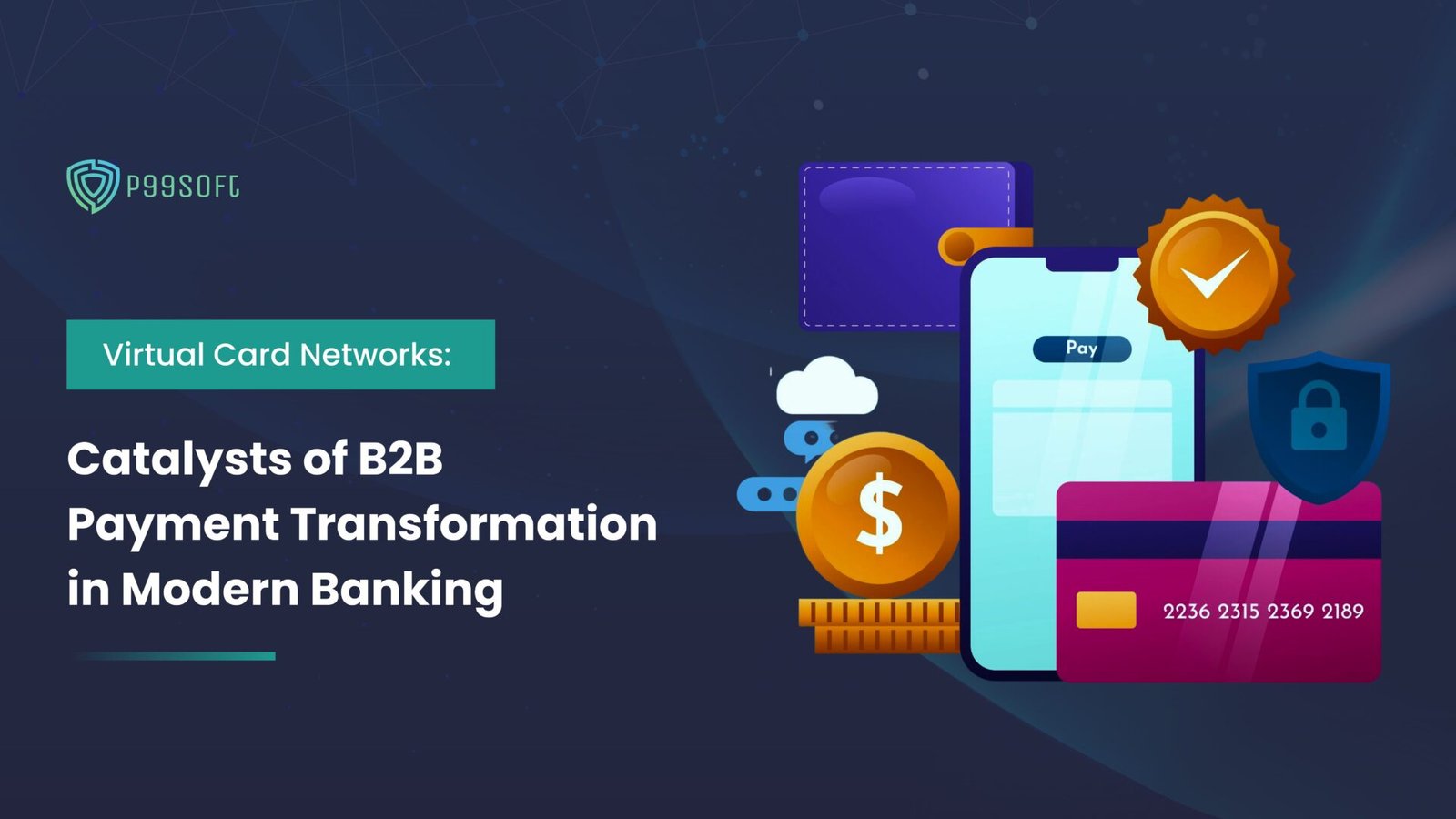In 2024, the integration of blockchain technology into banking and insurance operations emerged as a transformative force, promising enhanced security, transparency, and efficiency. Software as a Service (SaaS) platforms play a crucial role in facilitating this integration, offering scalable and customizable solutions to meet the evolving needs of financial institutions.
In this extensive blog, we will delve into how SaaS can facilitate the integration of blockchain technology in banking and insurance operations in 2024. Through detailed exploration, examples, and insights, we’ll examine the challenges, opportunities, and implications of this groundbreaking convergence.
Understanding the Integration
- Enhanced Security and Transparency:
- Challenge: Traditional banking and insurance operations rely on centralized systems, which are vulnerable to cyberattacks, fraud, and data breaches.
- Opportunity: SaaS application platforms integrated with blockchain technology enable decentralized, tamper-proof ledgers that provide enhanced security and transparency. By recording transactions in immutable blocks and utilizing cryptographic techniques, financial institutions can safeguard sensitive data and mitigate the risk of unauthorized access or manipulation.
- Streamlined Payments and Transactions:
- Challenge: Traditional payment and transaction systems are often slow, costly, and prone to errors, leading to delays and inefficiencies.
- Opportunity: SaaS platforms leveraging blockchain technology offer streamlined payment and transaction processes, enabling real-time settlements, reduced transaction fees, and enhanced traceability. By eliminating intermediaries and automating reconciliation processes, financial institutions can accelerate transaction processing and improve operational efficiency.
- Smart Contracts and Automation:
- Challenge: Manual contract management processes in banking and insurance operations are time-consuming, error-prone, and resource-intensive.
- Opportunity: SaaS platforms equipped with blockchain-enabled smart contracts enable automated contract execution, enforcement, and compliance. By embedding business logic into self-executing code deployed on the blockchain, financial institutions can streamline contract management processes, reduce administrative overhead, and enhance contractual transparency and auditability.
- Identity Management and KYC Compliance:
- Challenge: Identity verification and Know Your Customer (KYC) compliance processes in banking and insurance operations are cumbersome, fragmented, and susceptible to identity theft and fraud.
- Opportunity: SaaS platforms leveraging blockchain technology offer secure and interoperable identity management solutions, enabling seamless identity verification, authentication, and KYC compliance. By leveraging decentralized identifiers and verifiable credentials, financial institutions can enhance customer onboarding processes, improve regulatory compliance, and protect sensitive customer information.
- Data Privacy and Consent Management:
- Challenge: Traditional data privacy and consent management practices in banking and insurance operations lack transparency, control, and accountability, leading to privacy breaches and regulatory non-compliance.
- Opportunity: SaaS application platforms integrated with blockchain technology enable transparent and consent-based data sharing and management, empowering individuals to control their personal data and grant permission for its use. By leveraging blockchain-based data governance frameworks and cryptographic techniques, financial institutions can enhance data privacy, enforce data ownership rights, and comply with evolving privacy regulations such as GDPR and CCPA.
Conclusion
The integration of blockchain technology into banking and insurance operations with the support of SaaS application development holds immense potential to revolutionize the financial services industry in 2024 and beyond. By leveraging blockchain-enabled solutions, financial institutions can enhance security, transparency, efficiency, and customer experience while addressing challenges such as data privacy, regulatory compliance, and interoperability. As we embrace this transformative convergence, it is imperative for financial institutions to adopt a strategic approach, collaborate with technology partners, and invest in talent development to unlock the full benefits of blockchain integration.
Are you ready to embrace the future of banking and insurance with blockchain technology? Explore the latest innovations and solutions offered by SaaS platforms and blockchain providers like us, and see how we can help you transform your operations, drive innovation, and stay ahead of the competition in the dynamic world of finance.
We want to hear from you! Share your thoughts and experiences with blockchain integration in banking and insurance operations in the comments below. How do you envision the future of finance with blockchain technology? Let’s continue to explore, innovate, and shape the future together.




